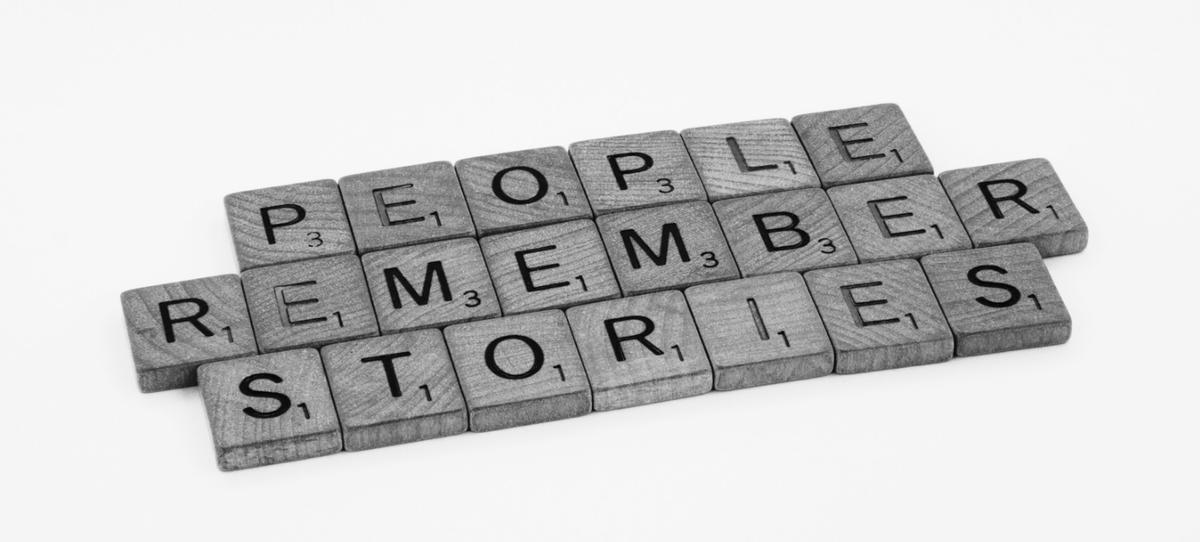The Sparkling Star in Your Hand
On memory and legacy.

This moment is dying.
And now it’s dead.
How about this moment? Already dead.
Let’s try to catch this one. Nope. Gone.
Every moment is barely done before it’s dead. Gone before we can grasp it. This is a poignant reality. What Francis Bacon called “the sparkling star in our hand”. Shining only because it’s dying.
What would we humans do if it were not for memory? If it were not for that electric little region of our brains that converts fleeting moments into semi-permanent mental impressions. It’s called the hippocampus.
Think of it like a movie theatre with a grand archive of short films about your life. Micro-documentaries. Each one programmed to play automatically when you inhale a certain scent, or hear a particular song, or encounter someone who resembles a character in one of your life’s prequels.
We really have nothing to do with it. We don’t determine which films end up in the archive, and we can’t dictate when they play in our minds. Do you ever wonder why you can remember that teasing insult someone hurled at you in third grade, but you can’t remember a single fact you learned in 10th grade history class? A single sentence spoken to us can become a whole storyline in our lives, yet we can write dozens of sentences about the Revolutionary War and fail to retain even a word.
I recently told my mom that I couldn’t remember having any birthday parties as a kid. She promptly pulled out her phone and showed me several photos from my childhood birthday parties. Yes, she had them in her phone. In the photos, I am smiling, unwrapping gifts, taking it all in. I was the center of attention. You would think that these moments would be seared into my fleshy brain goo forever. But instead, I need my mom and her iPhone to fill in the gaps that my hippocampus left empty.
There is plenty of memory science out there about why we remember what we remember and forget what we forget. Some neuroscientists say that emotion is the fuel of memory formation. That the moments with deep emotions attached get prioritized in our memory banks. But most professionals are humble enough to admit that this is all a mystery.
Our memories are imperfect. Plastic. Vulnerable.
The wisest man to ever live knew that even moments of intense pleasure would be forgotten (Ecclesiastes 1:11). Even for someone like me—a hopeless reminiscence junkie—memory is a sparkling star, too. Eventually our memories will fade, and we will be left with…what?
I believe the answer is legacy. Legacy is the echo, the shadow, the residue of a life.
Legacy can be personal—my enslaved ancestors making world-class quilts out of scraps of fabric. Legacy can be historical—Sojourner Truth’s defiance in the face of racist threats (I’m writing a bit about her these days). Legacy can be spiritual—like Amy Carmichael, who defined her life as a missionary as “simply a chance to die”, and forbade anyone to place a headstone on her grave when she did.
Of course, sometimes these categories overlap like a Venn diagram. But in every case, legacy outlasts human memory.
We have no memory of the world before we got here. But all of our lives are built on a foundation of other people’s legacies. The things that were said and done that have outlasted human memory. The stories worth telling. The books worth writing. The dreaming. The building. The creating.
This is how memory becomes a choice. By dreaming, building, creating a life worth remembering. When I say “worth remembering”, I don’t mean famous or successful by the world’s standards. What I mean is the way we choose to live is laying the foundation for future generations who will stand on our legacy. And in this way we actively participate in the memory formation process. By living a life that the future will smile at.
This is why God continuously reminds his people to keep his stories alive (Deut. 6:6, Psalm 78:4). This is the very purpose of the scriptures themselves. The moments sparkled and died, as moments do. But the stories were worth speaking about, writing about, standing on.
The stories need to stay alive. Legacy depends on them.
In doing some family history research I came across a newspaper article about an event that was held in honor of my great-grandmother’s leadership in her small Alabama community. She was vice president of the American Legion Auxiliary, among other documented civil contributions. Having not known much about her (we only had one real conversation), I was fascinated to learn that she was a bonafide leader. A story worth writing about. Part of her legacy I had not known, but had been standing on all along.
My brain did not create this memory of her life (how could it have?), but I choose to remember my great-grandmother in this way. No hippocampus needed. Her legacy transcends my memory.
Legacy is life support for the past, and hope for the future. It is the sparkling star that never slips through our fingers. As long as we are holding it, it will never die.
I believe that my legacy will be neatly folded in the suitcase I bring with me to heaven. Still sparkling. Not much else will be in there, though. So I take heed to create stories worth telling, worth writing, worth standing on. To live a life that outlives me.
